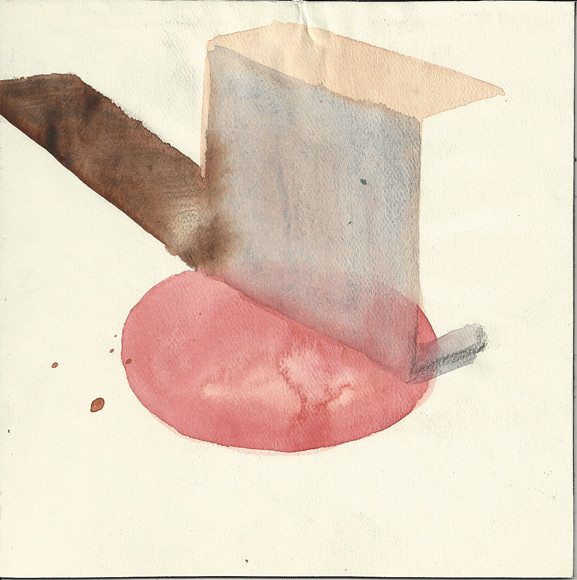Unraveling readings

My final commentary focuses on writers reading the work of other writers. I was interested in recordings that did more than simply pay homage or celebrate an influence. The experience of listening to the following recordings was often one of hearing some aspect of the text come loose through the reader's voice instead of hearing the text being inscribed into a fixed state.
In a 1998 recording at the Kelly Writers House, Rachel Blau DuPless reads an excerpt from T.S. Eliot's The Waste Land during a celebration of the Poems for the Millenium anthologies. DuPlessis explains: "The Waste Land isn't in this anthology. [. . .] Because of the price the Eliot estate charges." Instead of reprinting The Waste Land, Poems for the Millenium: Volume One includes a brief commentary contextualizing the poem's relationship to a range of modernist literary movements. DuPlessis continues: "I also wanted to note that there are always people missing whenever there are writers. There are people who aren't writing or can't write or don't write. And sometimes they get absorbed into the writers. And this is a section of The Waste Land that was basically spoken by Eliot's maid, named Ellen Kellend." By reading this passage from the poem, DuPlessis foregrounds the material conditions under which literature is created (or not created) and disseminated (or not disseminated).
Caroline Bergvall's recording of VIA (with Ciáran Maher, recorded in Summer 2000) takes a canonical text, Dante's Inferno, and opens it up in a number of ways: "Via (48 Dante variations) is a compiled list of translations into English of Dante's opening lines as archived in the British Library up until May 2000, 700 years after the date set for the start of the journey into Hell. The Journey was timed to start and end in 1300. And Dante's 35th year or so-called point of mid-life. The full text has been featured in CHAIN's "Transluccinacion" issue (Autumn 2003)." Several insightful pieces of criticism have been written on this work, including Laura Goldstein's essay in How2, Brian M. Reed's piece in Jacket 34, and Genevieve Kaplan's piece in Jacket 38.
Amina Cain reads the work of several writers on her personal website. I was especially interested in her reading from Clarice Lispector's The Apple in the Dark. Cain's recording of this particular passage explores the intersection between confusion and transformation, an experience of "foundering in the inexplicable." I was struck by the way Cain's performance emphasizes the way the speaker experiences minute disorienting shifts that are difficult to articulate but still convey a sense of urgency.
More art by Noah Saterstrom here.
Thanks to everyone at Jacket2 and PennSound for their support and guidance. I'm very excited to read Brian Ang's upcoming commentaries.
Notes on PennSound